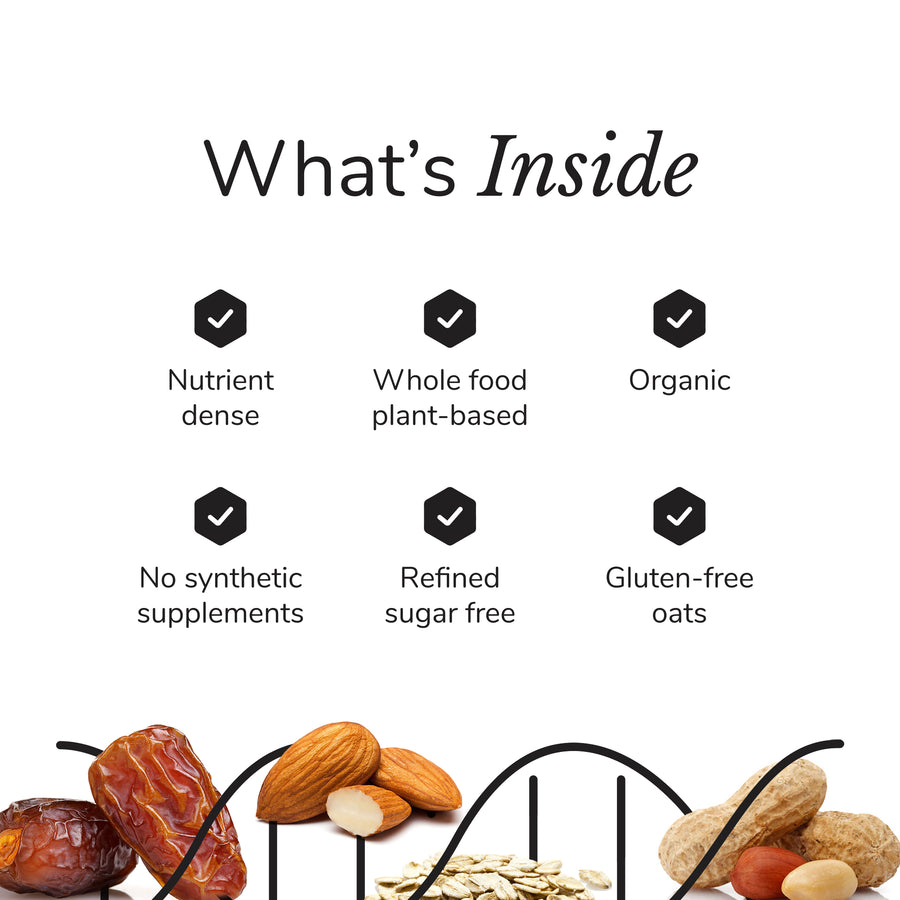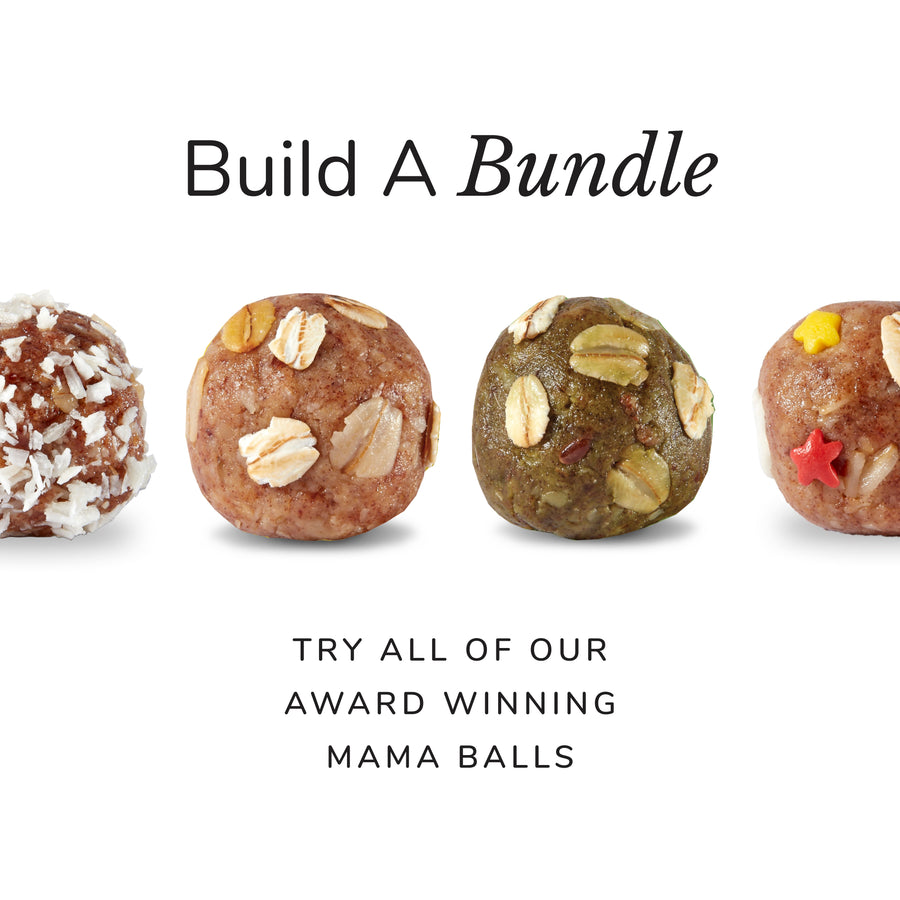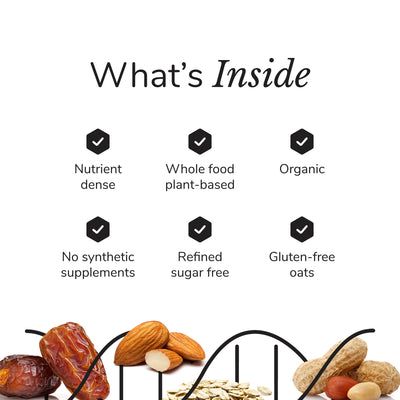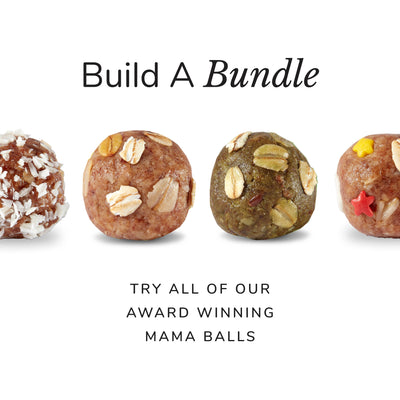The most common concern amongst new breastfeeding mothers is whether they are producing enough breast milk for their babies to thrive. But rest assured, it is possible to take steps now to help prevent problems before they start and to produce more breast milk. A mother's milk supply is based on the “supply and demand” principle, meaning the more you breastfeed or pump, the more milk your body may produce.
Breastfeeding tips for producing more milk from day one
1. Breastfeed often
The easiest way to prevent supply problems is to ensure that you breastfeed often. The more baby drinks, the more milk your body will make. Strict schedules or going for long periods of time between feeds, may cause full breasts, which tells your body to produce less milk. Try to feed baby before he/she starts to cry or fuss.1
2. Stay close to baby
Skin to skin right after birth will help you to breastfeed your baby soon after delivery. It may also help to ensure a steady supply in the following weeks as your body knows when baby is close.1
3. Be alert to feeding problems
Ensure that your baby is latched on and positioned well. Tummy to tummy and nipple to nose are good positioning. Be on the lookout for signs that your baby is swallowing. If baby is just sucking but not swallowing, gently squeeze your breasts to start milk flow.1
Offer both breasts at each feeding. If baby only nurses on one breast for whatever reason, pump or hand express the other breast to relieve pressure and protect your milk supply for following feeds.1
4. Try to minimize stress
The breastfeeding process and supply can be improved by reducing your stress levels. Stress inhibits the let-down reflex, which may lead to a disruption in milk flow and reduced milk volume. This can be prevented or reversed with using relaxation techniques,2 such as meditation or listening to soothing music. Mamas prone to be more anxious struggle to maintain lactation.3 Trust that your body knows what to do.
5. Prioritize maternal nutrition
Your milk supply is dependent on what you eat. Most nursing mamas need around 500 extra calories per day.4 Eating enough makes it easier for your body to cope with the additional demand of producing breast milk and taking care of your baby. Try to avoid empty calories as eating well may enhance the quality of your breastmilk which contributes to enhanced nutrition for your baby. The quantity of some nutrients in your breastmilk is related to the amount you eat. These nutrients are vitamin A, B6, B12, folate, iodine, selenium and some fatty acids.4,5
Nunona Mama Balls are a tasty treat that offer you one less thing to stress about. They can help enhance the quality of your breast milk as they contain essential nutrients that get transferred to your baby via your breastmilk. They are also conveniently packed so that you can eat them on-the-go or whilst breastfeeding.
References:
- American Pregnancy Association. 2021. [Online]. Available from: Increase Your Breast Milk Supply - American Pregnancy Association. [Accessed 26 February 2022].
- Shukri, N., Wells, J. & Fewtrell, M., 2018. The effectiveness of interventions using relaxation therapy to improve breastfeeding outcomes: A systematic review. Matern Child Nutr, Volume 14, p. e12563.
- Soffer, G. et al., 2020. Impact of Maternal Anxiety on Human Milk Macronutrients Content: A Prospective Observational Study. Breastfeed Med , 15(9), pp. 572-575.
- Kominiarek, M.A. and Rajan, P. 2016. Nutrition Recommendations in Pregnancy and Lactation. Med Clin North Am. 100(6): 1199–1215. doi:10.1016/j.mcna.2016.06.004.
- Innis, S.M. 2014. Impact of maternal diet on human milk composition and neurological development of infants. Am J Clin Nutr. 99(3):734S-41S.
Mama Bites Pre+Postnatal Supplement
An award-winning pre+postnatal snackable supplement designed to nourish pregnancy, breastfeeding and postpartum while providing essential developmental nutrients for baby to create happy and healthy cells, for life..
1 box is 1-week supply (28 energy bites).
4 plant-based energy bites a day give you:
-
The extra 300 calories you need for pregnancy and breastfeeding
-
10% daily macronutrients to fuel pregnancy and postpartum
-
Complete plant-based prenatal with 27 food form organic nutrients for developing babies including:
-
200 mg Omega 3*, for babies brain development, sourced from non-gmo microalgae
-
26 mg Iron*, for babies brain and body development, sourced from organic spinach
-
575 mcg DFE Folate*, to support healthy cell growth, sourced from organic spinach
-
160 mg Choline*, for babies brain development, sourced from organic sunflower seeds
*Essential nutrients for pregnant and breastfeeding mamas to pass on to baby.
- Free Shipping, Over $75
- 30-Day Money Back Guarantee
- Easy Cancellation, Always















